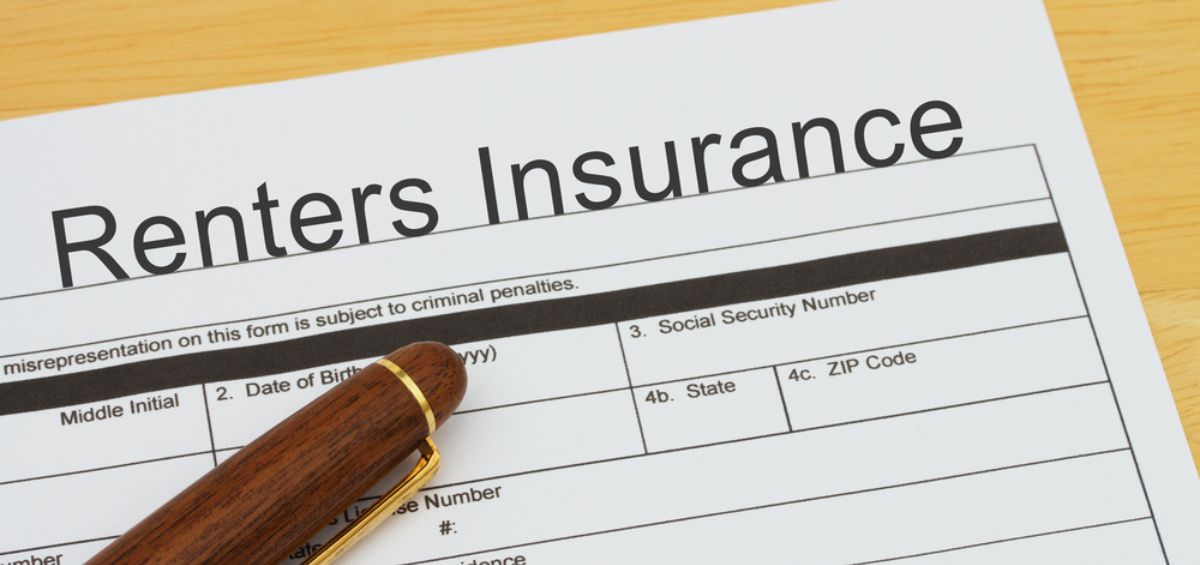



Unexpected events, also known as covered risks, are covered by renters insurance (sometimes known as "tenant insurance"). You may not always be able to prevent some events, such as theft, a break-in, or an accident to a visitor, which is where renters insurance comes in. The many forms of renters insurance coverages and what they usually cover your loss.
Personal property coverage is included in renters insurance, and it may help you replace your items if they're damaged or destroyed from named perils such as fire. This coverage may assist you in replacing your furniture and clothing if they are destroyed by fire. However, your policy coverage restrictions determine the maximum amount your insurance policy will pay for personal property losses.
While renters insurance isn't required by law, landlords and property owners can lawfully demand it€”and renters should probably consider it even if their landlord doesn't. A landlord that needs tenants to have insurance is an excellent find as the coverage protects both tenants and landlords. This requirement may suggest that your potential landlord is aware of the details of your lease and will be forthright with you.
Like homeowners insurance, you'll pay an annual premium, choose your coverage level, and establish a deductible. Assume your insurance covers a disaster or an emergency. You'll pay your deductible, and the insurance provider will cover the cost of repairing or replacing your belongings up to the policy level. Make an inventory of your belongings and calculate the cost of replacing each one.
Landlords may need renters insurance to avoid the risk of tenants suing them for personal property damage or liability fines. Additionally, a landlord's insurance premiums can increase or be canceled after a claim if there are too many claims. If a tenant has renters insurance that can cover all or a significant portion of a loss, landlords can minimize the risk of policy cancellation or premiums rising.
Anybody who leases a house should look into purchasing renters' coverage. The policy's personal property, liability, and loss of use coverages help lower the financial effect of unforeseen incidents that damage your personal property or make you legally accountable.
Property coverage limits can range from $5,000 to hundreds of thousands of dollars, depending on the insurer. Before acquiring a policy, do a personal inventory of the value of your possessions to determine how much renters insurance will cover the expense of replacing them.
Like homeowners insurance, renters' insurance plans can include endorsements and floaters to increase personal property coverage. Rental insurance benefits you in many ways and is useful if you face any unwanted perils related to your rental property in the future.
Looking for affordable and customized renters insurance coverage? Contact our insurance experts at Weeks and Associates Insurance Services to get your personalized renters insurance coverage today!